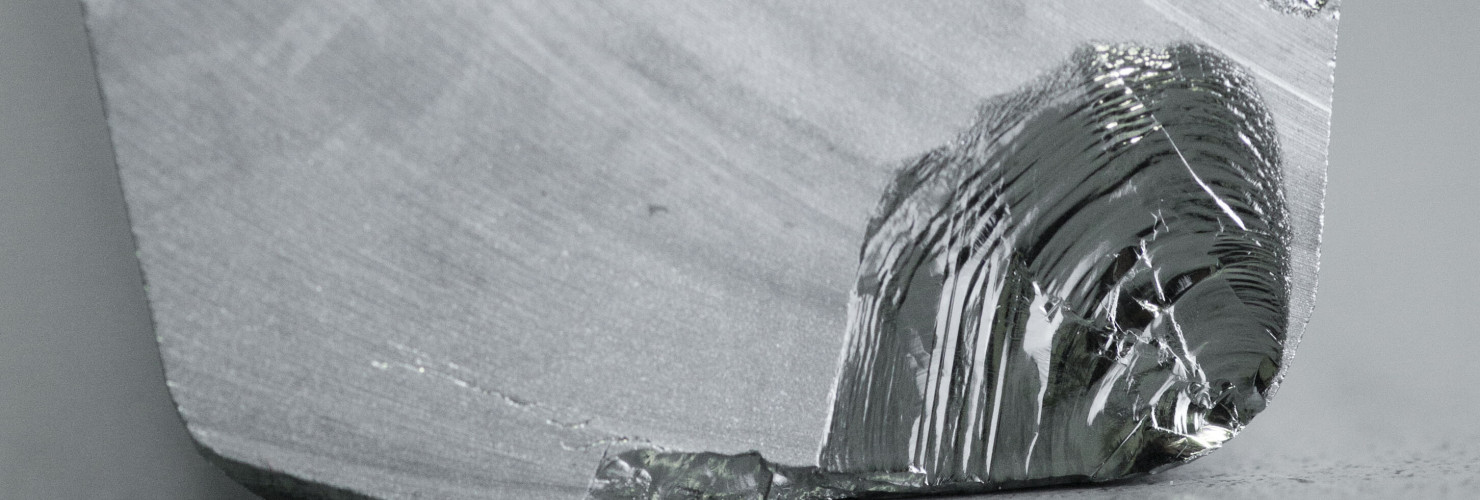China's recent expansion of export controls on rare earth elements (REEs) has significant implications for global supply chains, particularly in Europe. By shifting its strategy from narrowly defined national security concerns to broader geopolitical objectives, Beijing has disrupted not only U.S. supply chains but also those of European industries reliant on critical materials like samarium and terbium. This shift is a direct response to trade tensions, particularly the tariffs imposed by the Trump administration, and signals a new era where European companies can no longer depend on market dynamics or Chinese goodwill to secure essential resources. The urgency for Europe to advance its economic "derisking" from China has never been more pronounced, as reliance on Chinese REEs poses risks to both civilian and defense sectors.
To mitigate these risks, Europe must implement decisive policy interventions, such as the swift enactment of the Critical Raw Materials Act, which would bolster local REE capabilities and signal to China that trade weaponization will not deter European resolve. Options include providing subsidies and regulatory support to diversify REE sources, or establishing import quotas to ensure a fixed proportion of materials come from non-Chinese producers. While these measures may incur costs for governments and taxpayers, the price of inaction could be far greater, leaving European industries vulnerable to China's export licensing whims. By taking these steps, Europe can not only enhance its strategic autonomy but also potentially deter further aggressive trade measures from Beijing.







